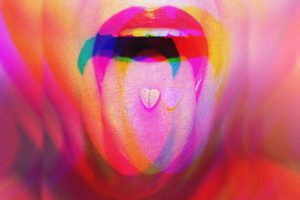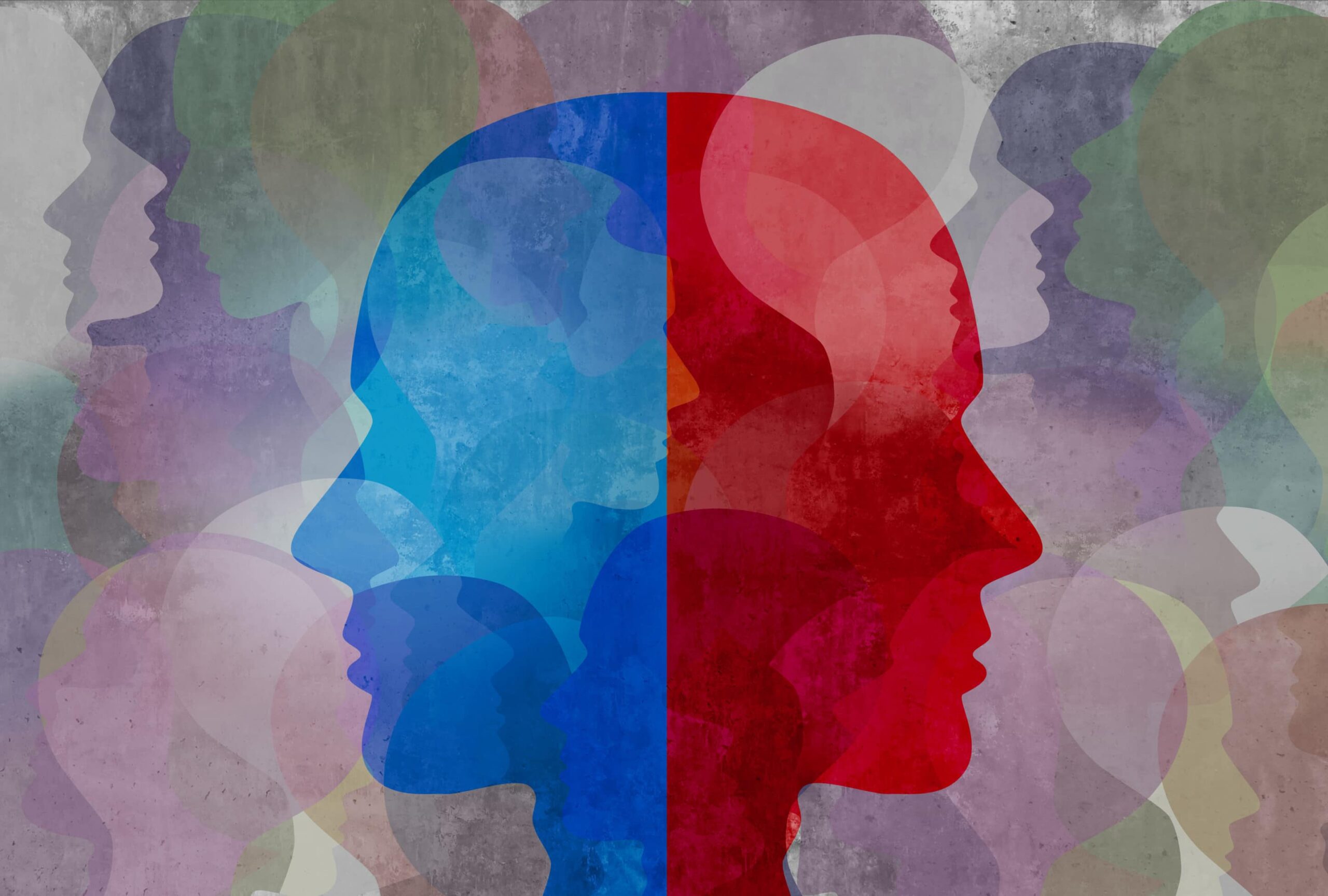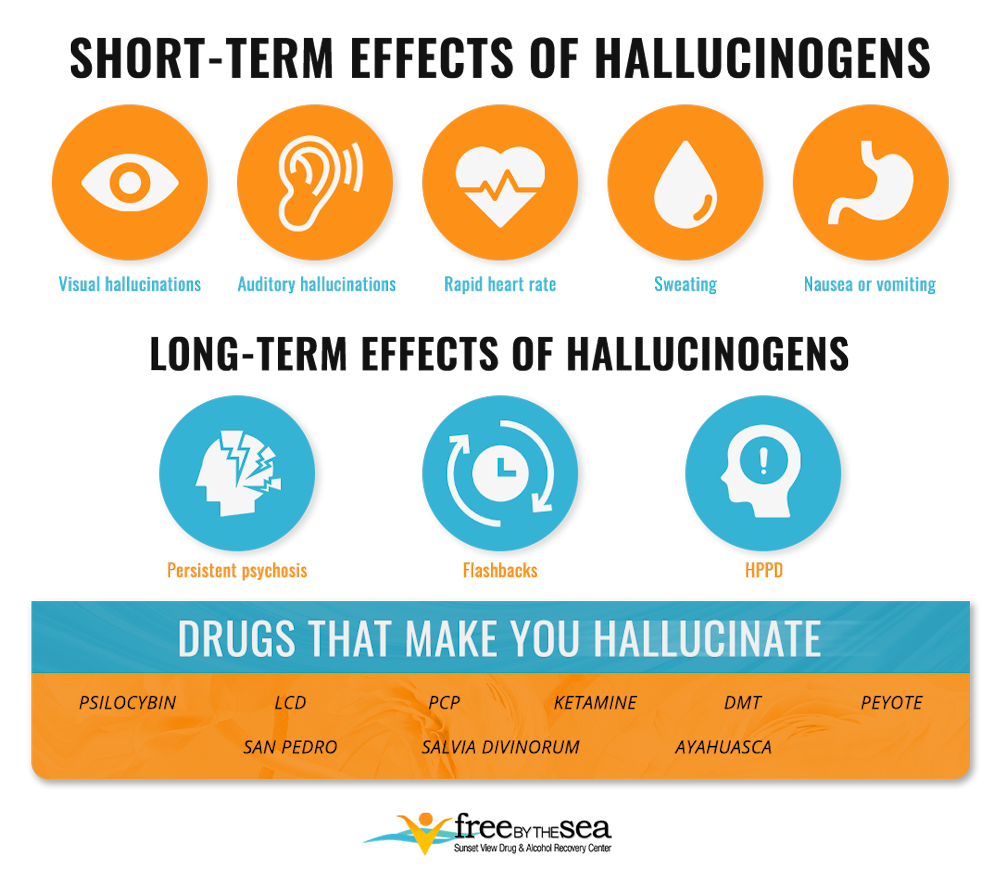 Hallucinogens are a class of drugs that produce visual and auditory hallucinations. These drugs alter your perception of reality and can cause you to see or hear things that are not actually there.
Hallucinogens are a class of drugs that produce visual and auditory hallucinations. These drugs alter your perception of reality and can cause you to see or hear things that are not actually there.
While some hallucinogens are naturally occurring, such as ayahuasca, others are synthetic, like LSD. As most hallucinogens have no accepted medical use for treatment in the US, they are illegal.
Common street names include:
- Acid
- Blotter
- Cubes
- Fry
- Mind Candy
- Mushrooms or Shrooms
- Special K
- STP
- X
- XTC
Short-Term Effects
The short-term effects of hallucinogens can vary depending on the specific drug, but they typically include:
- Visual hallucinations
- Auditory hallucinations
- Increased heart rate
- Elevated blood pressure
- Agitation or anxiety
- Sweating
- Nausea or vomiting
- Loss of appetite
Long-Term Effects
The long-term effects of hallucinogen use are not well understood. However, there is some evidence to suggest that chronic use may lead to mental health problems such as anxiety, depression, and psychosis. There is also a risk of developing tolerance or dependence on hallucinogens.
Long-term effects of hallucinogens can vary depending on the specific drug, but they typically include:
- Persistent psychosis
- Flashbacks
- Hallucinogen persisting perception disorder (HPPD)
Treatment for hallucinogen addiction typically includes talk therapy and behavioral counseling. Medications may also be used to help manage symptoms of hallucinogen persisting perception disorder (HPPD). If you or someone you know is struggling with a hallucinogen addiction, please seek professional help.
What Drugs Make You Hallucinate?
Psilocybin
Psilocybin is a hallucinogen that is found in certain mushrooms. It can cause visual and auditory hallucinations, as well as changes in perception, mood, and body sensation.
LSD
Lysergic acid diethylamide (LSD) is a hallucinogen that is derived from ergot, a fungus that grows on rye. It can cause visual and auditory hallucinations – you can also expect changes in perception, mood, and body sensation.
PCP
Phencyclidine (PCP) is a hallucinogen that was originally developed as an anesthetic. It can cause visual and auditory hallucinations, as well as changes in perception, mood, and body sensation.
Ketamine
Ketamine is a hallucinogen that is typically used for the treatment of pain.
DMT
N-Dimethyltryptamine (DMT) can be described as a hallucinogenic tryptamine drug that produces intense visual and auditory hallucinations. It is found in some plants and animals and can be produced synthetically in a laboratory. It is one of the most powerful hallucinogens known to man, and its effects are often compared to those of LSD.
Peyote
Peyote (Lophophora williamsii) is a small cactus that grows in Mexico and the southwestern United States. The hallucinogenic compound mescaline is found in peyote buttons, which are the small, round, fleshy fruits of the cactus.
Peyote has been used by Native Americans for centuries for ceremonial and spiritual purposes. Peyote is a Schedule I controlled substance in the United States, which means it is illegal to possess or use peyote for any purpose.
San Pedro
San Pedro (Echinopsis pachanoi) is a cactus that grows in the Andes Mountains of South America. It contains the hallucinogenic compound mescaline. San Pedro has been used by indigenous people in the Andes region for healing and spiritual purposes for centuries. San Pedro is legal to possess and use in the United States.
Salvia divinorum
Salvia divinorum is a plant that contains the hallucinogenic compound salvinorin A. Salvia divinorum is legal to possess and use in the United States.
Ayahuasca
Ayahuasca is a hallucinogenic brew made from the leaves of the Psychotria Viridis plant, which contains the hallucinogen DMT. The brew is traditionally used by indigenous people in the Amazon region for healing and spiritual purposes.
Ayahuasca has been gaining popularity in recent years, particularly among Westerners who are seeking an alternative to traditional Western medicine. There is a growing body of research on the potential health benefits of ayahuasca, including its ability to treat depression, anxiety, and addiction.
How Long Do Hallucinogens Remain in the Body?
The length of time hallucinogens remains in the body depends on the specific drug. For example, LSD is typically detectable in urine for up to 5 days after last use, while psilocybin is detectable for up to 3 days.
When Do I Know That I Need Hallucinogen Treatment?
If you’re worried that your use of hallucinogens has gotten out of control, consider these questions:
- Am I using hallucinogens more frequently or in larger doses than I intended to?
- Have I been unable to cut back on my use of hallucinogens even though I’ve tried to do so?
- Do I spend a lot of time thinking about using hallucinogens or obtaining them?
- Do I continue to use hallucinogens even though it’s causing problems in my life?
- Do I use hallucinogens in dangerous situations, such as driving while under the influence?
- Have I experienced withdrawal symptoms when I try to stop using hallucinogens?
If you answered yes to any of these questions, you may need hallucinogen addiction treatment.
What is Hallucinogen Addiction Treatment?
There is no specific treatment for hallucinogen addiction, but there are treatments that can help manage the symptoms. Hallucinogens work by disrupting the communication between neurotransmitters and the brain.

Treatment for hallucinogen addiction typically includes some combination of:
- Individual therapy and group therapy
- 12-step programs, and other support groups
- Medications may also be used to help manage withdrawal symptoms and cravings
If you or someone you know is struggling with hallucinogen addiction, please seek professional help. There are many resources available to those who need them.
Detox
Medical detox is the first step in treatment, and it typically takes place in a hospital or residential treatment facility. During detox, the person will be monitored for any medical complications and withdrawal symptoms. After detox, the person will typically need to participate in an outpatient treatment program or inpatient treatment program.
Psychotherapy
Psychotherapy can be a useful tool in hallucinogen addiction treatment. This type of therapy can help the person identify and address the underlying issues that may have led to drug use. It can also help them develop skills to cope with triggers and cravings.
Cognitive-behavioral therapy (CBT) is a type of psychotherapy that has been shown to be effective in treating substance abuse disorders. CBT can help the person learn how to identify and avoid triggers, manage cravings, and develop healthy coping mechanisms.
Group therapy is another effective form of treatment for hallucinogen addiction. This type of therapy provides support and camaraderie while also teaching skills for recovery. Group therapy can be helpful in dealing with the shame and isolation that often accompany addiction.
Aftercare
Aftercare programs for hallucinogenic addiction treatment may include 12-step programs, sober living houses, and continuing care groups. These types of support can help the person maintain sobriety and avoid relapse.
How Effective is Hallucinogen Addiction Treatment?
There is limited research on the effectiveness of hallucinogen addiction treatment, but it is thought that a combination of therapy and medication may be helpful.
Are Hallucinogens Addictive?
There is debate about whether or not hallucinogens are addictive. Some hallucinogens, such as LSD, are not considered to be addictive because they do not cause compulsive drug-seeking behavior. However, other hallucinogens, such as psilocybin, can cause addiction-like symptoms, such as tolerance and withdrawal.
Hallucinogen Dependence
Hallucinogen dependence can be described as a person’s continued use of hallucinogens despite the negative consequences they cause in their life. Hallucinogen addiction treatment typically includes inpatient and outpatient treatment programs.
Co-Occurring Disorders and Hallucinogen Abuse

In some cases, hospitalization may be necessary to protect the person from harming themselves or others. Hallucinogens are often used recreationally, but they can be very dangerous.
The most common co-occurring disorders among people with hallucinogen addiction are:
How Do Hallucinogens Affect The Brain
Hallucinogens affect the brain by binding to certain receptors and altering the neurotransmitter serotonin. Serotonin is a chemical that transmits signals between nerve cells. It plays a role in mood, perception, and behavior.
Think about how many functions in your brain are controlled by serotonin. Now imagine what would happen if the chemical was altered. That’s what hallucinogens do.
The effects of hallucinogens can be unpredictable. They depend on:
- The type of drug
- The amount taken
- The person’s mood and personality
- Whether other drugs are taken at the same time
Some people who use hallucinogens see or hear things that are not there (hallucinations). Other common effects include:
- The feeling of detachment from self or reality
- Distorted perceptions of time and space
- Heightened senses
- Intense emotions
What is Depersonalization?
Depersonalization is a feeling of disconnection from one’s body and thoughts. This can lead to a sense of floating or observing oneself from outside the body. Depersonalization is a common side effect of hallucinogen use.
- Paranoia
- Anxiety
- Panic
Short-term effects of hallucinogens typically last anywhere from a few hours to several days, depending on the type of drug used. Some hallucinogens, such as LSD, can produce long-lasting changes in mood and perception (known as “flashbacks”) even after just one use.
The Benefits of Hallucinogen Addiction Treatment
There are many benefits to hallucinogen addiction treatment. Treatment can help people to:
- Reduce or stop their use of hallucinogens
- Deal with any underlying mental health issues that may be contributing to their drug use
- Learn new coping and problem-solving skills
- Develop a support network of family and friends who can offer encouragement and understanding
Take a Step into Recovery at Free By The Sea
While there are many drugs that can cause hallucinations, Free By The Sea offers a wide range of other addiction treatment services, including detoxification, therapy, and aftercare planning. These services are vital for those struggling with addiction, as they provide a comprehensive approach to recovery.
Washington has some of the most scenic and beautiful locations in the country. This setting can help to create a sense of peace and calm for those in recovery, providing an ideal environment for healing. If you or someone you know is struggling with substance abuse, contact us today.

Dr. Richard Crabbe joined our team in 2019 as our psychiatrist and medical director. He attended the University of Ghana Medical School where he became a Medical Doctor in 1977. From 1978 through 1984, he was a medical officer in the Ghana Navy and provided a variety of services from general medicine to surgeries. He received his Certificate in General Psychology from the American Board of Psychology and Neurology in 2002.



